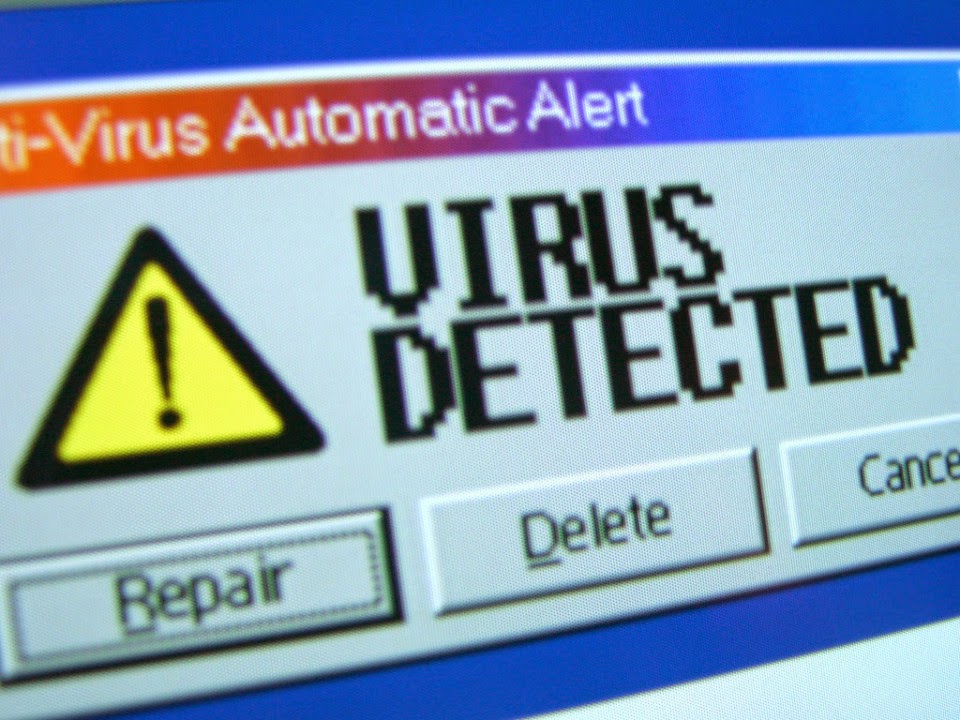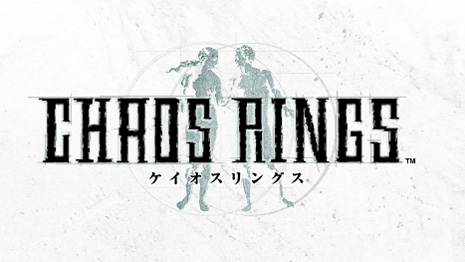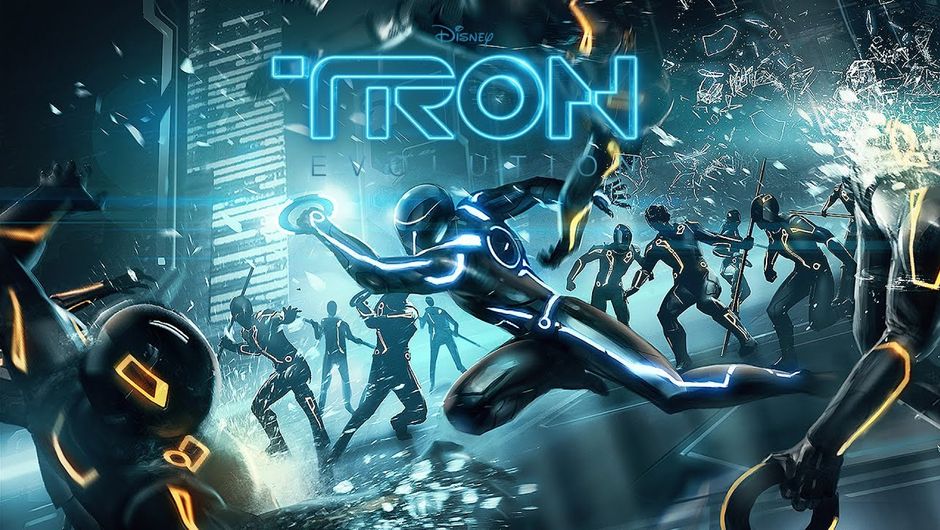Another game release, another controversial ending. Following in EA's footsteps with Mass Effect 3, Square Enix has now pulled many of the same punches with the latest entry in the long-running Final Fantasy series, Final Fantasy XIII-2. And as with my Mass Effect 3 review, this ending warrants a separate review of its own. If you want my opinion on the game itself, then here it is: Final Fantasy XIII-2 is possibly the best game in the series since 2002’s Final Fantasy X. I’m not sure if I would give it a perfect score as Japanese gaming magazine Famitsu did, but it would certainly come very close. And in terms of Final Fantasy sequels, this being one of only two thus far, XIII-2 far outdoes X-2, no doubt about it. That said, we are here to discuss the game’s surprising ending, which has deservedly drawn a lot of attention from gamers and critics alike. But is it as much of a blunder as that of Mass Effect 3? (Spoilers to follow! You have been warned.)
What makes a good sequel?
Even though Final Fantasy sequels deserve a little bit different of an evaluation than other series out there, there are a couple foundational questions that every continuation of a story must answer, and answer good.
First: is the sequel good enough that it can stand on its own, or is it simply a cash-in on a previous title? Had Final Fantasy XIII not existed, would XIII-2 have enough merit to be worth playing?
And second: does the existence of the sequel somehow mar the experience of the original? All too often, part 1 of a story becomes much less appealing after part 2 comes along and butchers some piece of what made the first so enjoyable as to deserve a sequel in the first place.
In my mind, if a sequel can hold its own against these two questions, it is probably pretty well off regardless of the actual subject matter. Thankfully, XIII-2 is in pretty good standing as far as that first question goes. It doesn’t take much to figure out that the storyline itself is very unique and sets the game apart very well without disconnecting it from its past. The tricky part comes with the second question, and that is essentially where we’ll be spending the rest of our time here.
Undoing the past?
Interestingly, a major theme in XIII-2’s storyline is itself a potential problem for the storyline (wait…is that a paradox?), as a good sequel should never undo the past in its predecessor.
XIII actually ended extremely well; I kept preparing myself for another heart-wrenching ending, which veteran FF players will be quite familiar with, and ultimately the results of all that happened were, in general, highly favorable. The problem? The happy ending did have one hole in it, and that is what all of XIII-2 takes time to explain. There was no logical reason why everyone should be freed from their status as l’Cie except to create a happy ending. Staying inside the story’s clearly established logic, there are only two tickets out for l’Cie: eternal crystallization, or eternal corruption as Cei’th. Either way, staying human and living a normal life is not an option.
So…maybe not such a happy ending after all. Immediately upon entering Final Fantasy XIII-2, the fact of this hole becomes immediately evident, though it is not until the game’s final moments that the last pieces of the puzzle finally fall into place. When it does, chances are you’ll be stunned, but only because the story obeys its established rules, even when something in you desperately wants to see them somehow be overridden.
Does XIII-2 undo its past in XIII? Absolutely not. Rather, it reinforces it as any good sequel should do.
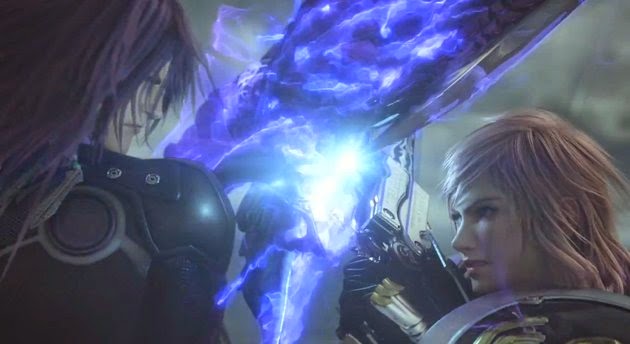
Sin and Consequence
A major theme across both Final Fantasy XIII and its sequel is that of consequences. Every event builds upon itself to make bad things worse. We saw this through XIII with Snow Villiers’ actions resulting in Hope Estheim’s mother’s desth, resulting in Hope being embittered towards Snow, resulting in Hope developing a fighting spirit, resulting in the two characters clashing, nearly resulting in both of their deaths. The whole l’Cie concept demonstrates this actions building upon actions idea as well. For XIII-2 to be a time-traveling adventure is only to continue this theme in the biggest, most meaningful way possible. What better way to examine consequences than by gazing through hundreds of years of them all at once and seeking to change the bad ones so that only the good remain?
And yet…despite all this effort to build up in us this sense of consequences for every action, something running directly counter to this is ever present in both games, and XIII-2 especially: hope. And XIII-2 will make you hope to the bitter end.
For yes, the end is bitter.
The Truth Hurts
I must say, Square Enix did a brilliant job with introducing kinks in the game’s timeline one by one and then resolving them all by the game’s end. It was all so barely comprehensible that I truly felt a sense of accomplishment having sorted through all the crossing timelines and come out with the ‘true’ timeline that I–for the sake of the characters, of course–wanted. Unfortunately, fixing a knotted timeline isn’t all that has to be done in order to get that happy ending everyone in the game–and therefore you as the gamer–had come to hope for so strongly. Really, from the very introduction of XIII-2 we are told that ultimate doom is inevitable, and we are only given more reasons why as time goes on. But in a deceptive (though accurate) play to the gamer’s feelings, as the final prerendered sequence begins, a happy song with blatantly hopeful lyrics begins along with it. Our heroes land safely on a ship taking them to the new Cocoon where they and everyone else will live safe and free from the threats fought against for the past 30+ hours. The last thing you would expect is to see someone die–and for the music to continue on, as if the game itself is as bewildered as you are, not sure if you believe what you’re seeing or not. But it gets worse! A hero dying a hero’s death would be one thing, but suddenly the clouds begin to gather, darkness emerges from every corner, and chaos overtakes everything to the sound of a tolling bell and the sight of the world being replaced by a darker one without time, the only person left being Lightning Farron, frozen in eternal crystal. All at once, it becomes apparent that the villain wasn’t lying, that there is no way out of the established logic, and that the price to be paid for the characters’ actions cannot be ignored.
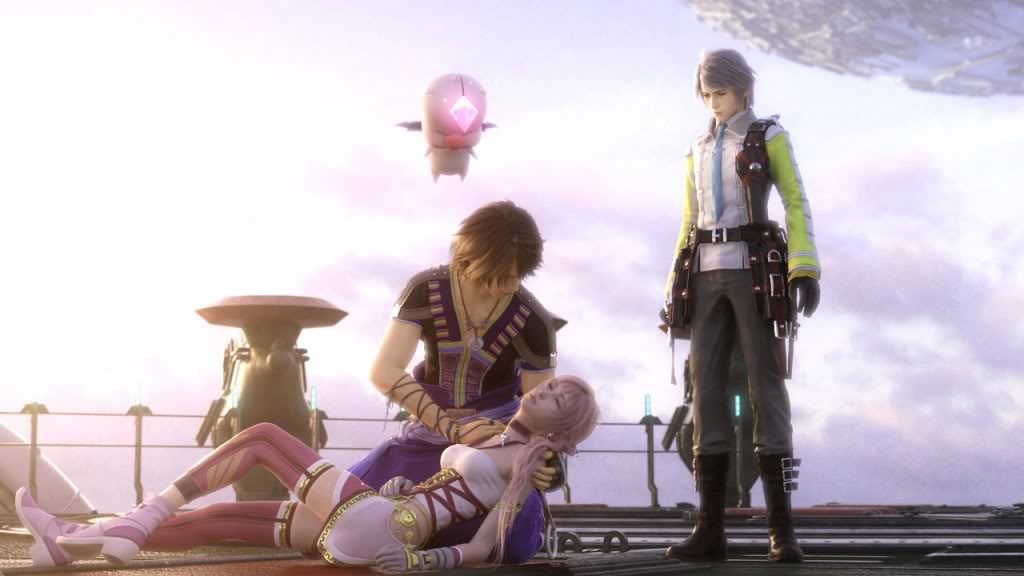
A bad ending?
It would appear that 2012 is the year of unhappy endings. However, I am not at all willing to call this ending bad as I am willing to call Mass Effect 3’s ending bad (though admittedly it was not without its redeeming qualities). A bad ending would mean the developers delivered a different ending than promised. A bad ending would imply that the story’s final moments went contrary to the rest of the story before it. A bad ending could, in other words, be perfectly happy, and while everyone would find it hard to complain, no one would be quite as deeply affected by it. Without saying a word, Square Enix managed to speak volumes on the gravity of consequences and the harsh reality that life can sometimes be. It was a daring move on their part, and while I can understand that some might be frustrated with an ending that seemingly undoes all of their hard work, I have to admit I much prefer being given something that I can’t get off my mind because it is so unsettling and unexpected than being delivered another cliche as so many stories are apt to do.
Granted, there is not much feeling of closure, even after the release of DLC to further expand upon what happened, but while a part of me would like to see a XIII-3, the better part of me knows that what I really mean by ‘closure’ is just that ‘happy ending’ thing again. As it is, XIII-2 has quite a disturbing ending, leaving everyone dead for an eternity. Sounds like closure to me.
It’s also guaranteed to leave you obsessing over nothing else for days, and for that, I give Square Enix a big thumbs up, Kupo!
- Order Final Fantasy XIII-2 from Amazon (PS3 and Xbox 360)
- Order the 4-CD soundtrack (trust me, it’s one of the best FF OST’s ever!)(Note that the OST is included in the collector’s edition of the game!)
- Download FFXIII cursors (Free, made just for readers of this post! Enjoy!)
Additional credit for one of the cursors in the above package goes to MithriLady at DeviantArt. Check out her original post!

